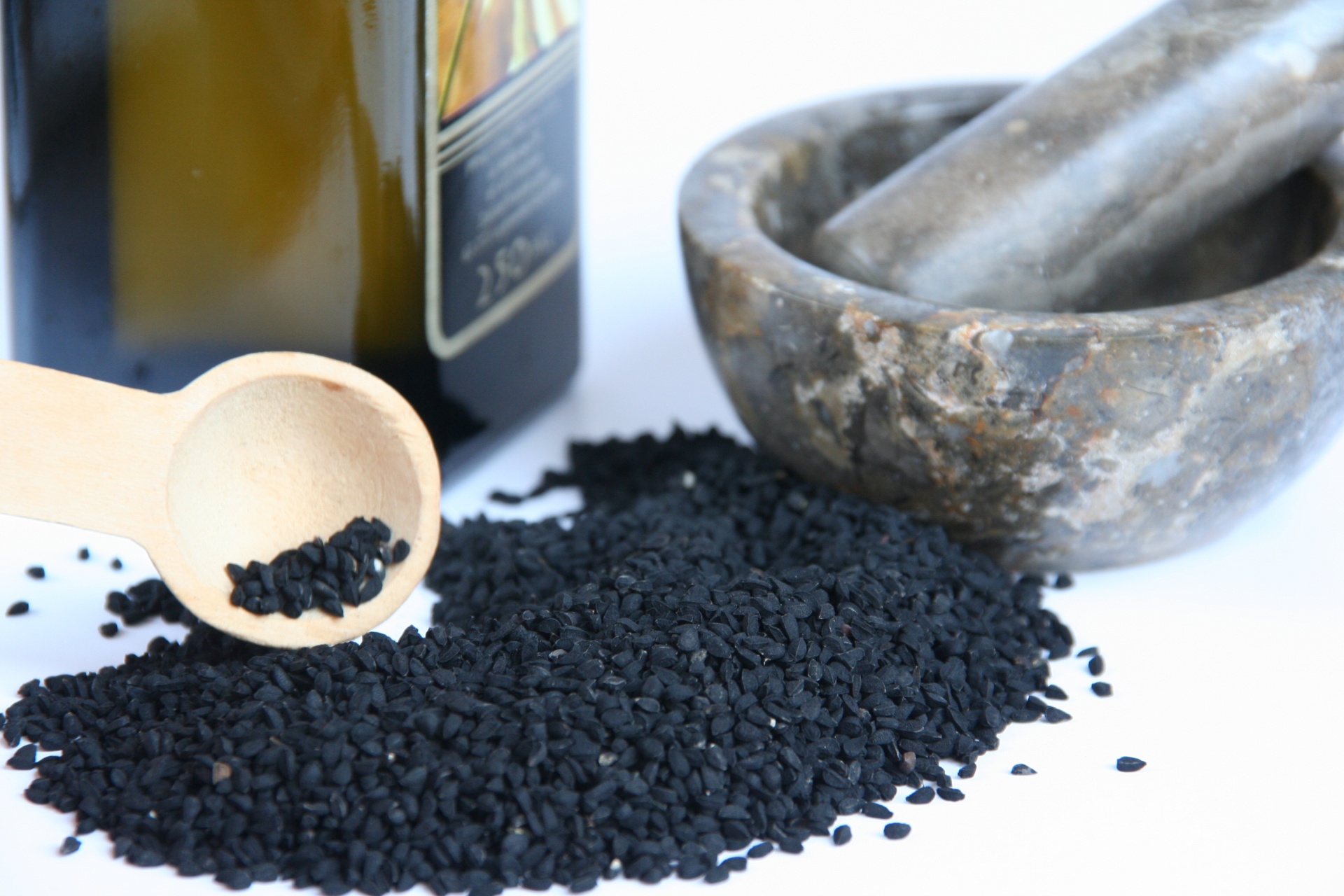Black seed oil is a dietary staple that may help with weight loss, skin and hair health. It also contains thymoquinone, which helps to fight cancer cells and speed up wound healing.
One study found that consuming the oil daily improved symptoms of rheumatoid arthritis, including swollen joints and morning stiffness. It also relieved dyspepsia, a combination of symptoms that includes heartburn and indigestion.
Benefits
Black seed oil has anti-inflammatory, antioxidant and antimicrobial properties, making it a great ingredient to have in your beauty routine. It can help reduce signs of aging, improve hair growth and reduce acne and psoriasis symptoms, as well as promote skin healing.[1]
It may also help lower blood pressure, according to a recent study published in Phytotherapy Research: PTR. The researchers found that people who consumed 2.5 milliliters of black seed oil twice a day for two months experienced a drop in their blood pressure without any adverse effects.
Taking black seed oil orally can cause allergic reactions, so it’s important to always test a small amount of the oil on your skin before using it regularly. It can also interfere with some medications, such as blood thinners and beta-blockers. That’s why it’s best to seek out a high quality black seed oil, which is certified organic by the USDA. Also, if you’re planning on taking it as a supplement, it’s important to check with your doctor first.
Side effects
As a dietary supplement, Black seed oil is considered safe, but it can be highly allergenic and may cause a rash in sensitive individuals. Those who take it should test it on a patch of skin before using it to ensure that they don’t develop an allergic reaction. It can also interfere with certain drugs because it inhibits drug-metabolizing enzymes, so it’s important to avoid it when taking sedatives or other medications that have similar effects.
While the benefits of consuming Black seed oil are promising, more research is needed before it can be recommended as a treatment for any conditions. For now, it’s best to use this herb as a way to support the immune system and fight off free radicals. When dripped over roasted vegetables or mixed into broths, soups and teas, it can make for an extremely tasty addition to any meal. However, it’s important to choose a high-quality, 100 percent pure therapeutic-grade and USDA organic oil for the most beneficial results.
Precautions
Black seed oil may interact with some medications, so it’s best to talk to your doctor before you start taking it. They can recommend a dose for you or help determine whether it’s safe to use.
In one small study, people put black seed oil drops in their noses to treat allergic rhinitis (hay fever). After 6 weeks, 9 out of 10 reported that their sneezing and itchy eyes stopped or reduced.
The liver is one of the most important organs in your body, and black seed oil can help improve liver function. Thymoquinone helps clear toxins from the liver, and can help with conditions like fatty liver or cirrhosis.
When using black seed oil topically, look for a premium product that’s 100 percent pure, therapeutic-grade and certified USDA organic. Since supplements aren’t tested by the FDA, it’s also important to choose a product that’s been verified for quality by an organization such as ConsumerLabs or the U.S. Pharmacopeial Convention.
Recipes
Whether you are looking to improve your immune system, boost your metabolism, help control blood sugar or fight inflammation, black seed oil may be a natural way to accomplish your goals. But before you use this oil, it is best to consult a health professional to see if it works for you.
For instance, if you are taking any medications, especially blood thinners or beta blockers, it is recommended that you avoid this oil because it can increase the effects of those drugs. The same applies if you are pregnant or breastfeeding.
The best way to consume black seed oil is by using it as a cooking oil or in salad dressings. The flavor is quite strong, so you will need to use it sparingly. It can also be taken as a dietary supplement, though it is best to look for high-quality oils that are organic and have been tested by a third party for quality.

